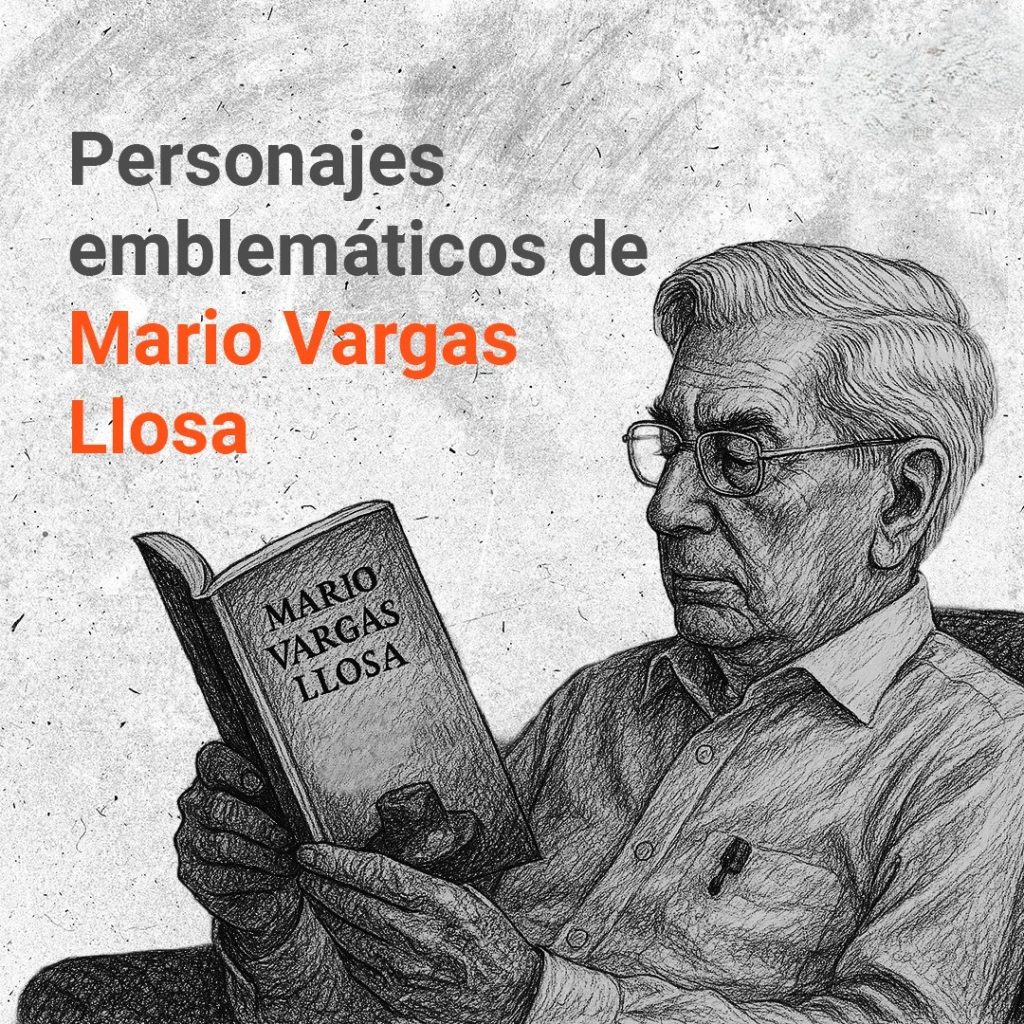Mario Vargas Llosa (Vargas Llosa Libros), the Peruvian literary titan who left us on April 13, 2025, wove worlds with words, his pen a compass charting the human soul’s turbulent seas. A Nobel laureate whose novels danced between humor and heartbreak, his love for literature was a lighthouse, guiding readers through the fog of existence. In his memory, we explore ten books he cherished—not merely his own creations but mirrors of his heart, each reflecting his fascination with power, passion, and the fragile beauty of defiance. These works, pulsing with life, invite book lovers to linger in their pages, where Vargas Llosa’s spirit still whispers.
Sables y utopías (Wellsprings)
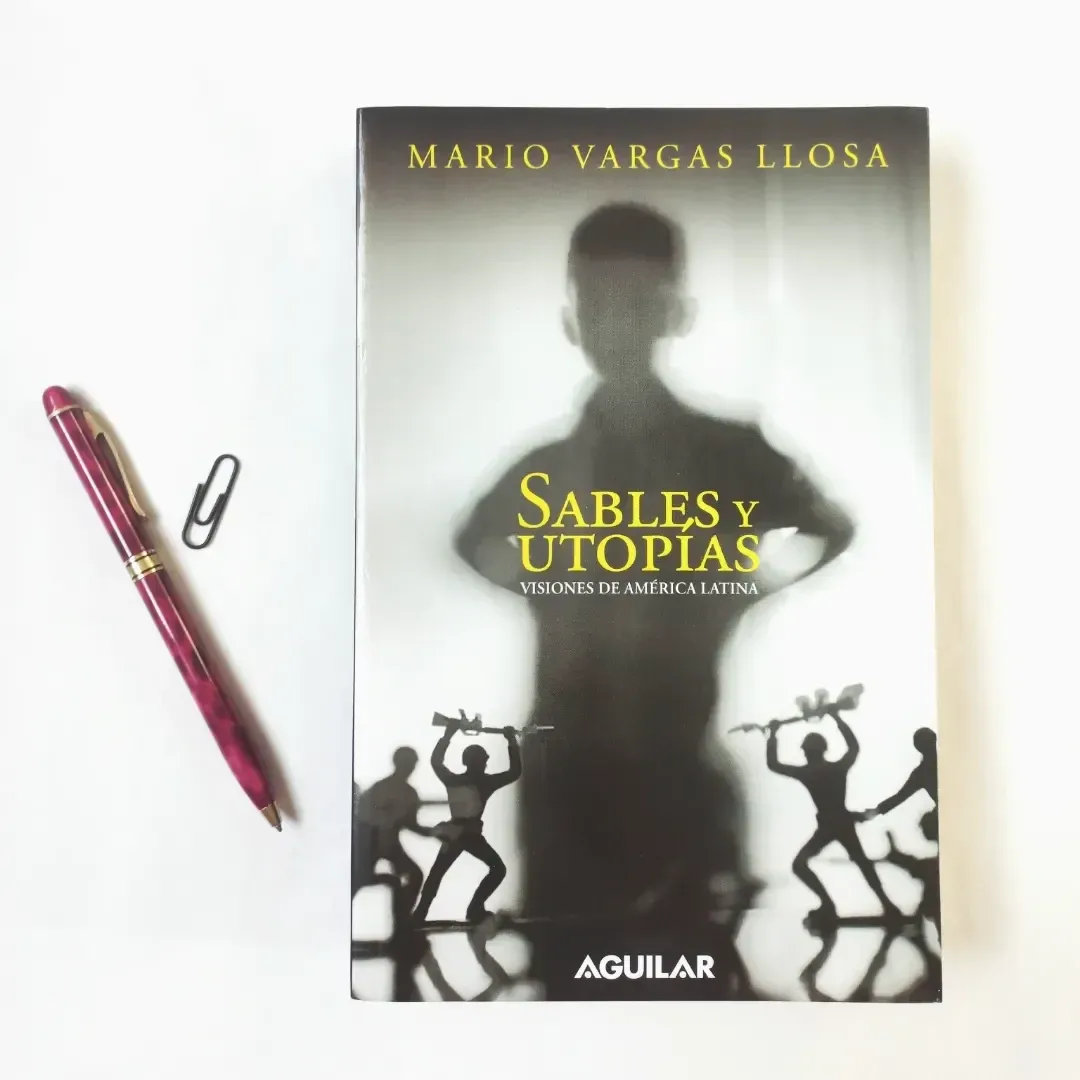
In Wellsprings, Vargas Llosa offers a collection of essays that shimmer like a river under moonlight, reflecting his lifelong romance with literature and ideas. He delves into the works of writers like Flaubert and Camus, unraveling their craft with the tenderness of a lover tracing a familiar face. These essays are not mere critiques but love letters to the art of storytelling, revealing how narratives shape our understanding of truth. Vargas Llosa’s prose here is a tapestry, weaving personal reflection with intellectual rigor, inviting readers to see the world through his curious, reverent eyes.
The highlight of Wellsprings is its celebration of the writer’s role as a witness to history’s chaos and beauty. Vargas Llosa muses on the power of fiction to challenge tyranny and illuminate the human condition, his words glowing with conviction. Each essay feels like a conversation with a wise friend, one who urges you to question, to feel, to read deeper. For book lovers, this is a pilgrimage to the heart of literature, where every page hums with the pulse of a man who lived for stories.
La guerra del fin del mundo (The War of the End of the World)
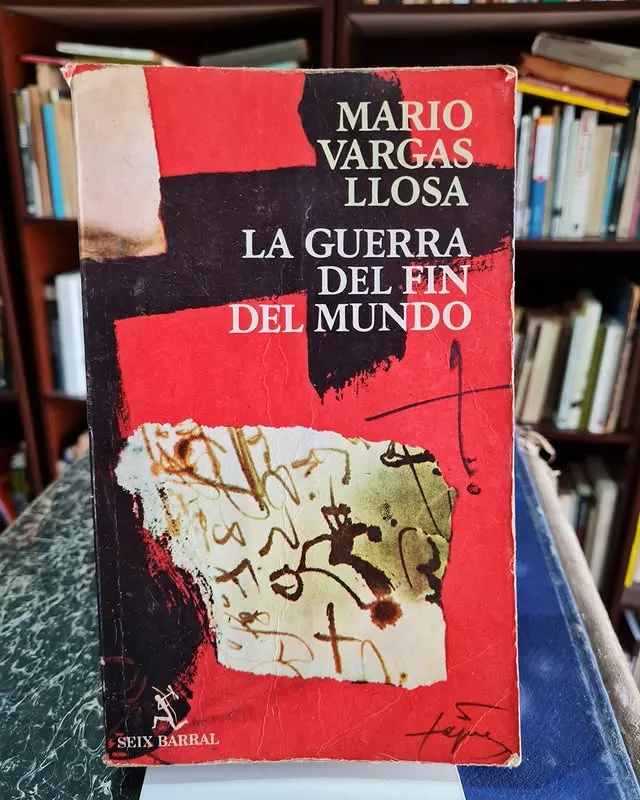
The War of the End of the World is a sprawling epic, set in the scorched heart of 19th-century Brazil, where a charismatic prophet leads a rebellion against a crumbling empire. Antonio Conselheiro, the enigmatic preacher, gathers the destitute to build a utopian haven in Canudos, only to face the wrath of a government bent on control. Vargas Llosa’s narrative is a tempest, swirling with faith, violence, and the clash of ideals, each character a thread in a tapestry of human struggle. This novel, his first historical foray, burns with the intensity of a fever dream, capturing the madness of zeal and the cost of defiance.
The book’s brilliance lies in its choral voices, from fanatical followers to conflicted soldiers, each perspective a shard of broken glass reflecting the tragedy of Canudos. Vargas Llosa paints a world where hope and despair are inseparable, his prose rich with the dust and blood of a doomed uprising. For readers, it’s a journey into the crucible of belief, where the heart aches for those who dare to dream against the odds. This masterpiece, included in Harold Bloom’s Western Canon, is a testament to Vargas Llosa’s power to make history sing.
La fiesta del chivo (The Feast of the Goat)
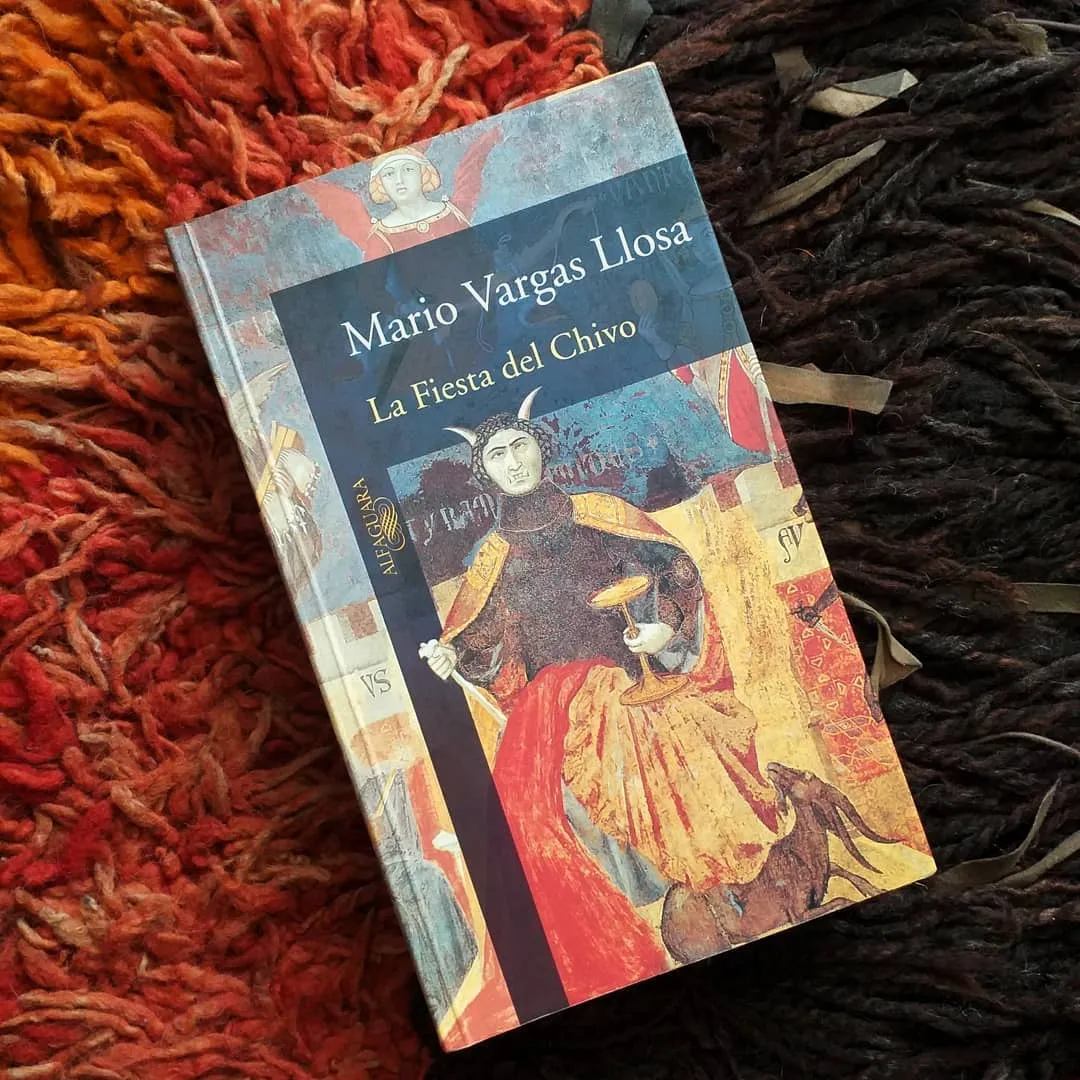
The Feast of the Goat plunges into the Dominican Republic’s dark heart, unraveling the brutal reign of dictator Rafael Trujillo, “the Goat,” and his 1961 assassination. Through interwoven timelines, Vargas Llosa follows Urania Cabral, who returns years later to confront her past, and the assassins driven by personal vendettas. The novel is a labyrinth of memory and machismo, its prose sharp as a blade, cutting through the myths that shroud tyranny. It’s a haunting elegy for a nation scarred by fear, yet resilient in its reckoning.
The highlight is Vargas Llosa’s unflinching portrayal of Trujillo’s psychological grip, his hyper-sexual dominance a grotesque mirror of power’s corruption. Urania’s secret, revealed in aching whispers, binds the personal to the political, making the reader ache for her silenced pain. For book lovers, this is a novel that demands courage, its pages heavy with the weight of truth and redemption. Adapted for stage and screen, it remains a searing reminder of literature’s power to unearth buried histories.
La Ciudad y los Perros (The Time of the Hero)
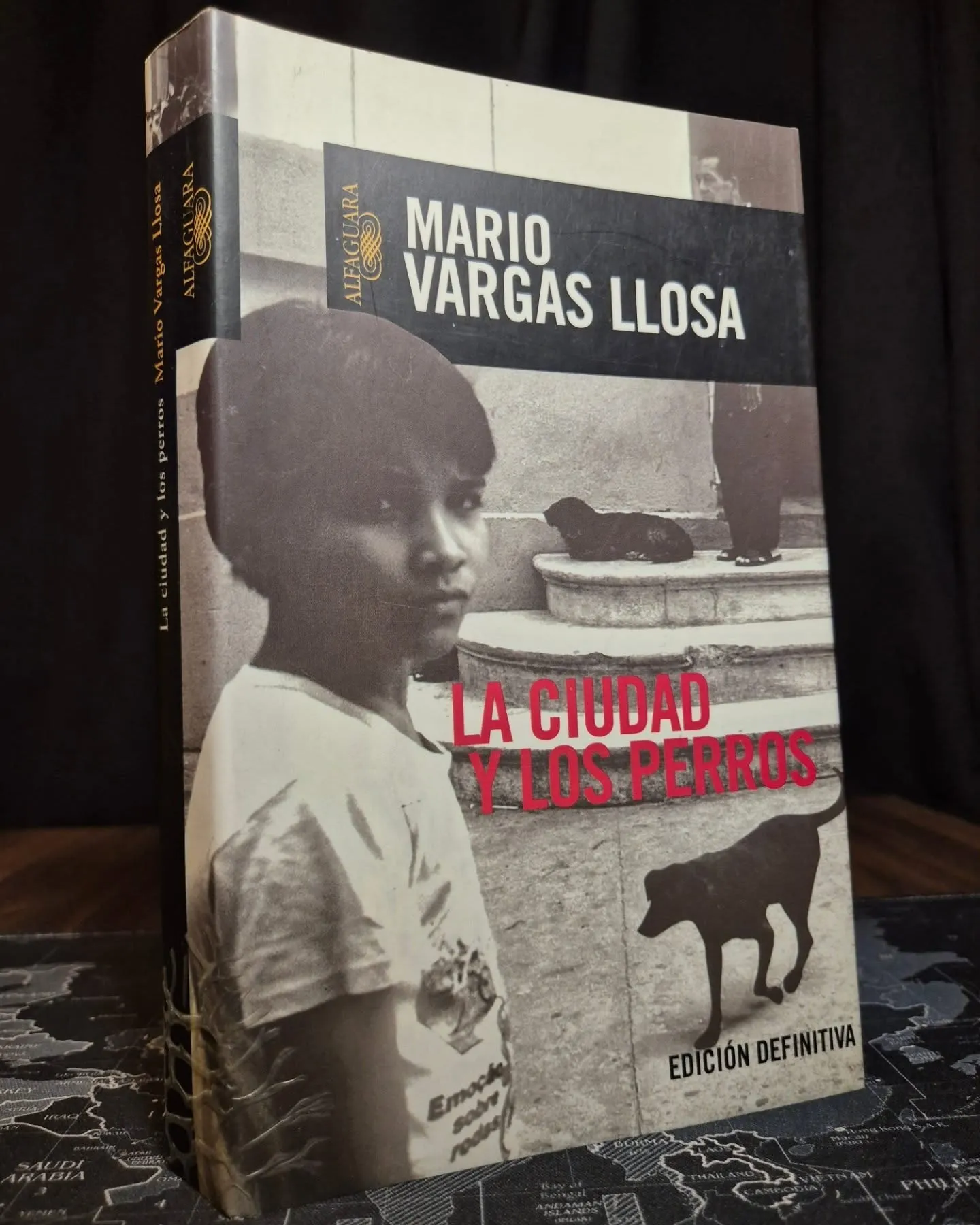
La Ciudad y los Perros, translated as The Time of the Hero, is a raw, rebellious cry from the halls of a Peruvian military academy, where young cadets grapple with violence and honor. Inspired by Vargas Llosa’s own teenage years, the novel follows a group of boys whose lives unravel after a theft sparks betrayal and murder. Its prose is a pulse, urgent and unflinching, capturing the brutal rites of passage in a world ruled by hierarchy. This debut novel, burned by academy authorities, marked Vargas Llosa as a fearless voice of the Latin American Boom.
The book’s power lies in its mosaic of voices, each cadet a fractured lens on Peru’s social divides, their dreams crushed under the weight of conformity. Vargas Llosa’s storytelling is a tightrope walk between rage and tenderness, making readers feel the sting of lost innocence. For those who love books that challenge authority, this is a clarion call, its defiance still resonant. Its adaptation into a 1985 film only amplifies its enduring fire.
La tía Julia y el escribidor (Aunt Julia and the Scriptwriter)
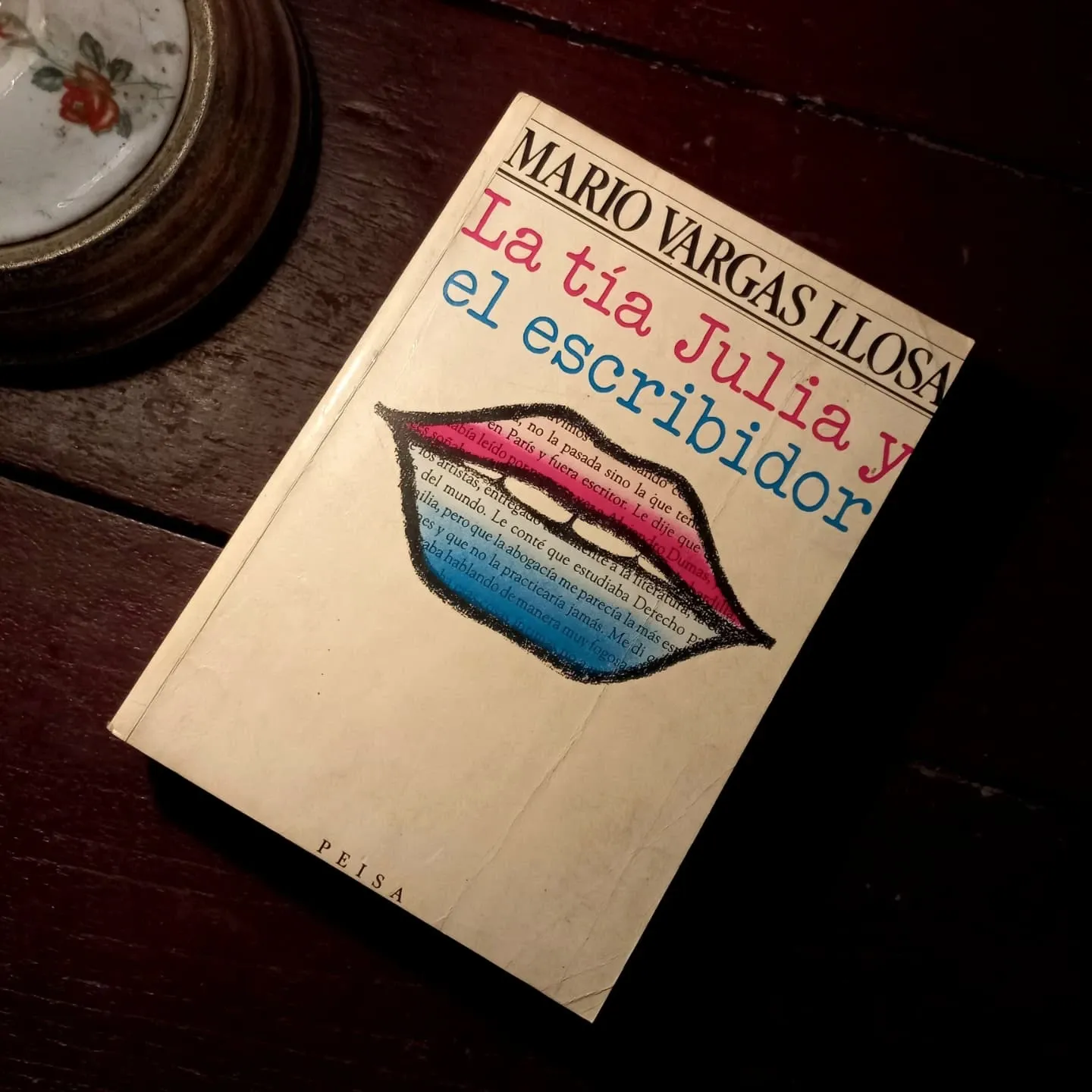
Aunt Julia and the Scriptwriter is a comedic jewel, sparkling with the absurdities of love and art in 1950s Lima. Marito, a young writer, falls for his older aunt-by-marriage, Julia, while befriending Pedro Camacho, a manic scriptwriter whose radio soaps spiral into chaos. Vargas Llosa’s prose dances, light as a breeze, yet layered with questions about fiction’s blurry line with reality. This semi-autobiographical novel, dedicated to his first wife, is a love song to storytelling’s wild heart.
The highlight is Pedro’s unraveling plots, where characters leap between stories, mirroring the delicious mess of Marito’s romance. Vargas Llosa crafts a meta-narrative that’s both hilarious and profound, inviting readers to laugh at life’s farcical beauty. For book lovers, it’s a reminder that stories, like love, thrive on reckless abandon. Adapted into the film Tune in Tomorrow, it remains a vibrant ode to the chaos of creation.
Pantaleón and the Visitadoras (Captain Pantoja and the Special Service)
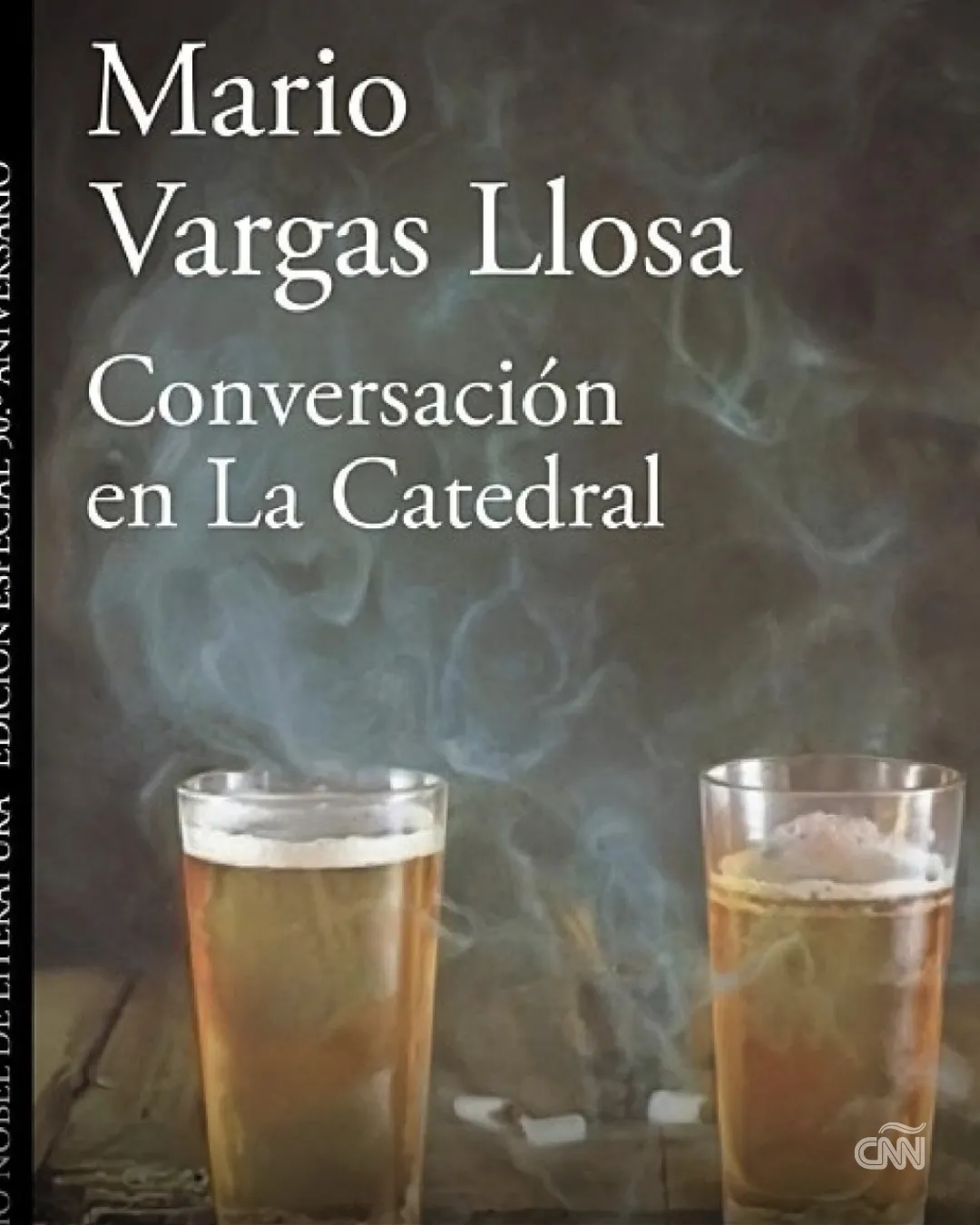
Pantaleón and the Visitadoras, or Captain Pantoja and the Special Service, is a satirical romp through the Peruvian jungle, where dutiful Captain Pantoja is tasked with organizing a corps of prostitutes for soldiers. Vargas Llosa’s prose is a mischievous grin, blending military bureaucracy with absurd humor, as Pantoja’s mission spirals into scandal. This parody of his earlier The Green House is a kaleidoscope of dialogue and reports, poking fun at order’s fragility. It’s a novel that winks at the reader, daring them to laugh at human folly.
The book’s charm is its balance of farce and empathy, as Pantoja’s earnestness clashes with the chaos he unwittingly unleashes. Vargas Llosa’s playful tone invites readers to revel in the absurdity, while subtly critiquing societal hypocrisy. For those who adore wit in literature, this is a delicious escape, its humor as sharp today as in 1973. Its 1999 film adaptation only adds to its mischievous legacy.
Pantaleón and the Visitadoras (Conversation in the Cathedral)
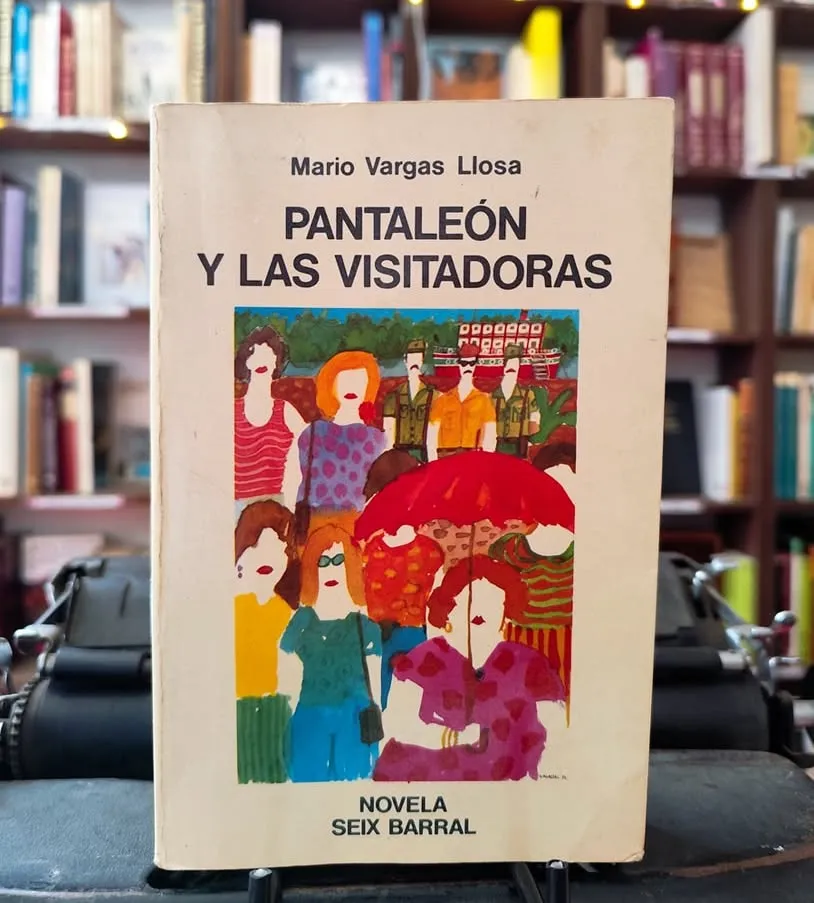
Conversation in the Cathedral is a monumental elegy for Peru’s lost ideals, set in a seedy bar where two men unravel a nation’s decay under dictatorship. Santiago, a disillusioned journalist, and Ambrosio, a former driver, dissect their pasts, their dialogue a river carrying the wreckage of corruption and betrayal. Vargas Llosa’s prose is dense, almost suffocating, yet luminous in its dissection of power’s rot. This modernist masterpiece, born of the 1960s, is a requiem for hope, its weight both crushing and cathartic.
The novel’s genius lies in its fractured narrative, where time and voices collide, mirroring a society’s disintegration. Each sentence is a brick in a crumbling cathedral, demanding readers piece together the ruins. For book lovers who crave complexity, this is a sacred text, its truths as urgent now as ever. Its enduring acclaim, as noted on Goodreads, cements its place as a cornerstone of Vargas Llosa’s oeuvre.
El Sueño del Celta (The Dream of the Celt)
El Sueño del Celta, or The Dream of the Celt, is a haunting portrait of Roger Casement, an Irish activist whose fight against colonial atrocities leads to his own tragic fall. Vargas Llosa traces Casement’s journey from Congo to the Amazon, his heart ablaze with justice, only to face betrayal and execution. The prose is a mournful lullaby, rich with historical detail, yet intimate in its exploration of one man’s fractured ideals. This novel is a meditation on heroism’s cost, its pages heavy with the ache of lost dreams.
The highlight is Casement’s inner turmoil, his diaries revealing a man torn between duty and desire, his flaws as vivid as his courage. Vargas Llosa’s empathy transforms history into a living pulse, making readers weep for a world that chews up its visionaries. For those who love books that blend fact and feeling, this is a treasure, its resonance undimmed by time. Published in 2010, it reflects Vargas Llosa’s late-career grace.
In Praise of the Stepmother
In Praise of the Stepmother is a daring, sensual novella, where desire weaves a delicate web around a stepmother, her husband, and his precocious son. Vargas Llosa’s prose is a velvet caress, lush with eroticism, yet sharp with the menace of forbidden longing. This tale, illustrated with classical art, explores the boundaries of pleasure and morality, its brevity amplifying its intensity. It’s a book that seduces, then unsettles, leaving readers breathless in its wake.
The highlight is the interplay of perspectives, each character’s voice a brushstroke in a painting of temptation and betrayal. Vargas Llosa’s humor, as noted in The Paris Review, dances through the narrative, making the taboo feel both playful and profound. For book lovers who savor bold experiments, this is a gem, its provocative heart still beating. Published in 1988, it showcases Vargas Llosa’s fearless embrace of the risqué.
Death in the Andes
Death in the Andes is a chilling tapestry of mystery and myth, set in Peru’s rugged highlands, where two soldiers investigate disappearances amid guerrilla violence. Vargas Llosa blends detective noir with Andean folklore, his prose a cold wind carrying whispers of ancient spirits and modern horrors. The novel grapples with Peru’s fractured identity, its rural heart bleeding under the weight of conflict. It’s a haunting dirge, both a thriller and a lament for a land torn apart.
The book’s power lies in its fusion of realism and mysticism, as tales of pishtacos—fat-stealing demons—intertwine with the soldiers’ grim discoveries. Vargas Llosa’s empathy for the marginalized, as noted by critics, makes every character’s fear palpable, drawing readers into a world of shadows. For those who love literature that bridges the earthly and the ethereal, this is a revelation. Its 1993 Premio Planeta win underscores its enduring impact.
In these ten books, Mario Vargas Llosa’s soul resides, his love for literature a flame that warms us still. Each page is a testament to his belief that stories can defy time, heal wounds, and challenge empires. For book lovers, these works are a pilgrimage, a chance to walk with a giant whose words will echo forever. Let us read, remember, and carry his light forward.

